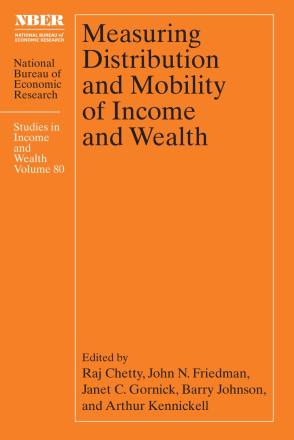Distributional National Accounts: A Macro-Micro Approach to Inequality in Germany

This project aims to provide new income inequality series for reunified Germany combining tax data, survey data, and national accounts. Estimating Distributional National Accounts (DINA), we capture 100 percent of national income and can compute the distribution of pretax and posttax incomes for the entire adult population. This allows us to answer the following questions: who has benefited more from economic growth, employees or capital owners? The bottom 50 percent, the middle class or the top 10 percent, 1 percent, and 0.1 percent of earners? Further, our paper is the first to apply the DINA methodology to the analysis of regional disparities. Thirty years after the German reunification, substantial income differences remain between those living in East and West Germany. In the 1990s, West German investors bought real estate and factories in East Germany, following favourable tax incentives. We investigate to what extent capital income generated in East Germany flowing to West German capital owners can explain structural differences between the income distributions in East and West Germany.
-
-
Copy CitationStefan Bach, Charlotte Bartels, and Theresa Neef, Measuring Distribution and Mobility of Income and Wealth (University of Chicago Press, 2021), chap. 21, https://www.nber.org/books-and-chapters/measuring-distribution-and-mobility-income-and-wealth/distributional-national-accounts-macro-micro-approach-inequality-germany.Download Citation


